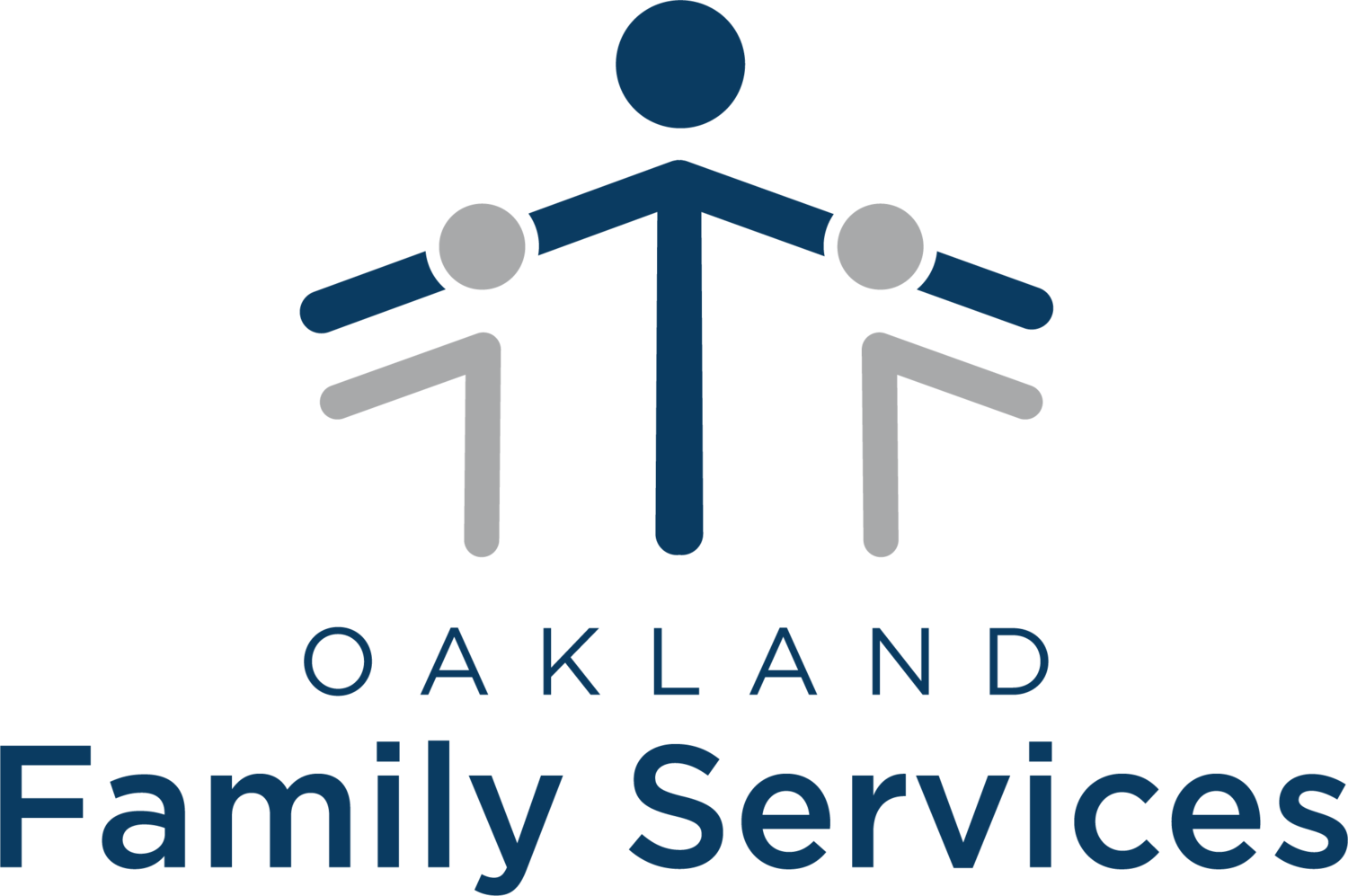Fostering teen girls brings challenges, change for Fenton family
When David and Brooke opened up their foster home license, they were already experienced parents of a blended family that includes David’s 18-year-old twin sons and their shared 17-month-old son. With David’s experience as a therapist and Brooke’s experience in child welfare, foster parenting seemed like a natural fit.
“I was coming home, talking to David about kids that were on the caseload and just seeing the struggles that they were going through,” Brooke said. “A lot of kids couldn’t find placement, a lot of the times it was teenagers that were on my caseload that couldn’t find placement.”
Last March, their family of five became a family of seven when they welcomed 15-year-old twins Sierra and Madison.
“I often say that there was no way anybody, even my wife being in this field for 8 years, could prepare us for placement,” David said. “My wife, she might have had a better understanding of what we were going to take on, but I had no idea. It’s hard, but that doesn’t mean we throw in the towel.”
The twins are the family’s first foster care placement.
“We received a lot of calls,” Brooke said. “Every day there were multiple kids that we were talking about. I would call David at work, and we would talk about it, and I would call the agency back.”
When they received a call about Madison and Sierra, the couple felt the girls would be a good match and decided to move forward.
“[Brooke] wanted to bring in some girls,” David joked. “She was in a house full of only males. Even the animals were males.”
Challenges
Sierra and Madison have faced repeat removals from their biological family. They have been in care three times, once as babies, again when they were school-aged and now as teens. They have several biological siblings, an older brother who aged out of the foster care system, two older sisters who live with their father, and a younger brother placed elsewhere.
David said the twins’ most recent removal followed the discovery of a camera a relative had placed in a bathroom in their home. Their father is in prison and had his parental rights terminated, but they maintain a relationship with their mother and spend time with her each week.
“They love her,” Brooke said. “That’s their mom, and they want to go back to her regardless.”
The court system plays a major role in the lives of foster families and children in foster care, and during the coronavirus pandemic, many courts’ caseloads have been backlogged. Madison and Sierra’s mother’s parental rights trial has been repeatedly pushed back.
“That’s been a struggle,” Brooke said. “It’s been hard on the girls. They are constantly in limbo. They don’t know what’s going on, and we can see that. We can see that in school, we see that socially, we see that behaviorally, academically, across the board. That’s been really hard because they don’t have the answers that they’re looking for.
“… We have open and honest conversations with the girls, such as the possibilities of what their life could look like while court progresses forward. We check in with them on a daily basis and ask them if there is anything that is on their mind that they would like to talk about.”
Sierra and Madison have learned to depend on one another, sometimes a bit too much.
“I’ve seen Sierra really learn to speak for herself,” David said. “When she first came into our family, she wouldn’t even talk, not at all. You’d see her throat tighten up, her trying to get words out.”
Brooke would find Sierra crying in her closet.
“Madison would talk for her,” Brooke said. “Madison would be the only one talking to us and answering questions. So now, Sierra has been able to express her voice, except for when it comes to emotions, or sometimes not in relation to her mom. She’s getting better with talking about what’s going on in court and also being able to vocalize her wants and needs with us, but there are still some areas where she’s not able to do that.”
Children in foster care have experienced neglect, abuse and trauma that often comes out in their behaviors. Sierra and Madison struggle with their emotions and behavioral issues like regression, dishonesty and stealing, which David and Brooke admit have been difficult to accept.
“We try to praise, encourage and provide positive affirmations more than focusing on the negatives with the girls,” Brooke said. “We model appropriate behavior and provide scenario-based questions that we discuss to explore options of how to address different situations. We provide the girls the opportunity for physical affection, such as hugs when they are upset, although they usually decline the offer.”
Amy Strick, foster care case manager at Oakland Family Services, said Brooke and David are very hands-on in parenting.
“They pride themselves on teaching Sierra and Madison real life situations while showing compassion and empathy,” Amy said.
Changes
About six months into the placement, David realized he had to take a step back in trying to change the girls and instead refocus on the core goal of foster care: providing a safe, loving home.
“I had to just really accept that these girls are who they are, and my job is to provide them with safety and take care of them, show them kindness and show them what a healthy relationship looks like,” David said. “For the foster parents, it’s more we go through the changes than the placements. We change to make this work. We have to be adaptable. … We as the adults have to change and adapt.”
Despite Brooke and David’s best efforts, the girls sometimes struggle to feel connected to the rest of the family. Their older foster brothers work to include them, playing video games together and helping them with their homework. The girls also enjoy playing with the couple’s toddler.
Brooke said the family’s support system has made all the difference over the past year. The girls are welcomed to extended family gatherings, and David’s mother makes almost daily visits and takes time to bond with all five children.
David teared up as he discussed the challenges and rewards of foster parenting.
“I think it’s made me a better husband, and a better father, and a better professional with patience and acceptance,” he said. “On a personal level, I know that it’s done that for me. That’s probably what keeps us going.”
Although fostering is a difficult calling with many ups and downs, David and Brooke “put their all” into the girls and are committed to helping them navigate the struggles that all teens face growing up, compounded with all of the emotions and difficulties that come with being in foster care.
“We choose to do this,” Brooke said. “We chose for them to come into our home. We want them here. And we want to help them as best as we can.”
Click here to learn more about foster parenting through Oakland Family Services.































